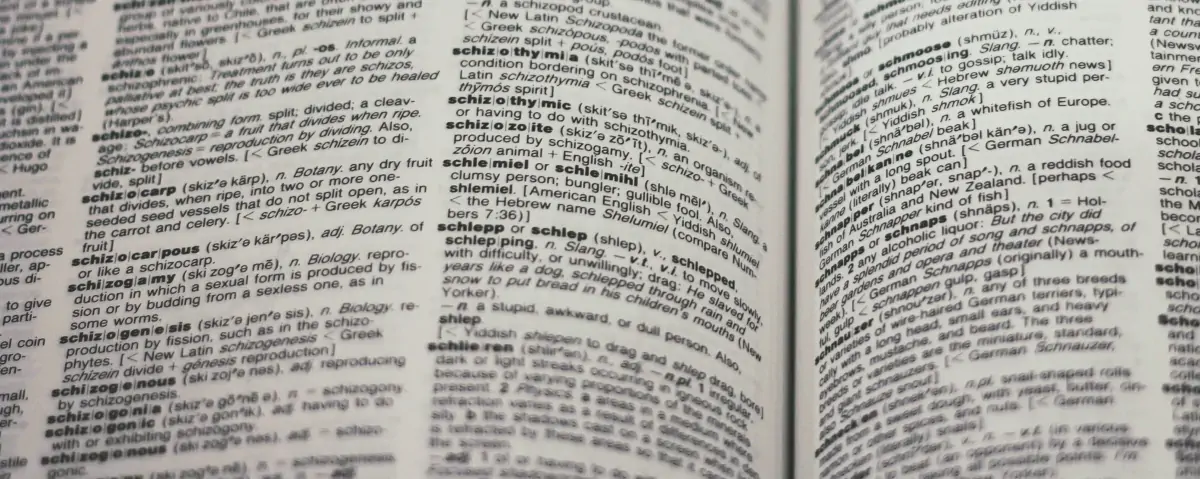Damned by faint praise - Explanation
The English Language phrase Damned By Faint Praise is an idiom still in use 300 years after it was first used, as I shall explain, with examples of its British English usage. Damned by faint praise means to be given such little praise that it…
Continue reading...